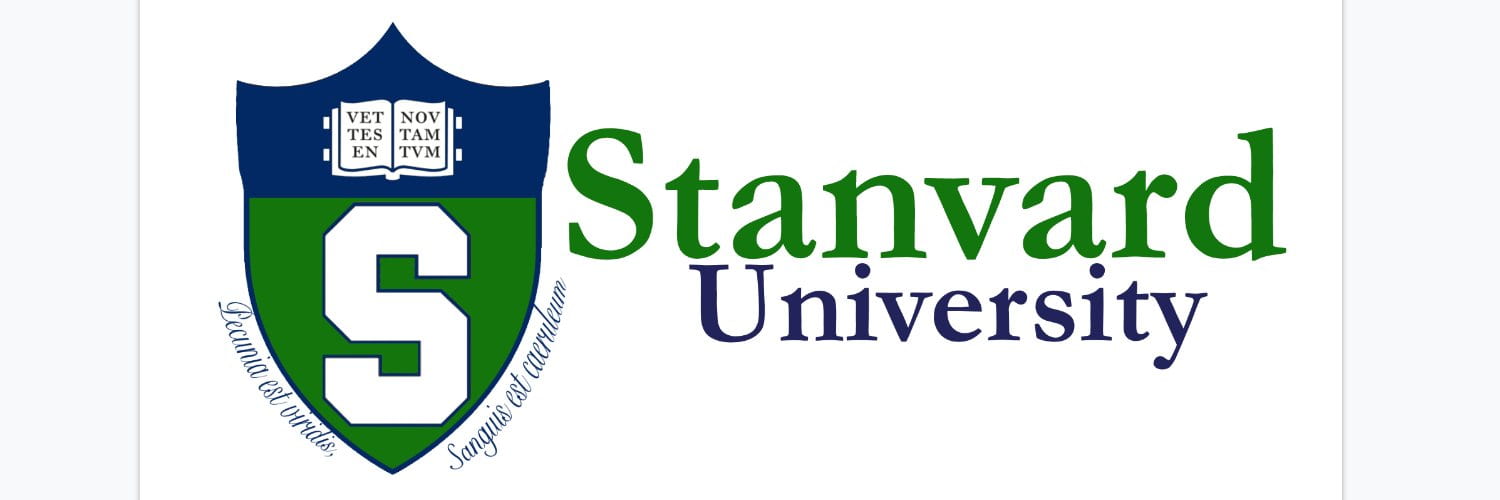Learn more and listen to Q&A about this blog on the College Admission Brief podcast: Apple | Spotify | Spreaker | Google
This week we welcome Regional Director of Admission for the Mid Atlantic, Kathleen Voss, to the blog. Welcome, Kathleen!
Rick Clark, I actively AVOIDED your previous two blogs about messages for parents of students applying to college. This was very hard for me to do, as I am huge fan of your blog and a huge fan of you. This morning, I grabbed a cup of coffee and, even with 200 applications sitting in my queue, braced myself and sat down to read all about the mistakes I have made.
You see, recently this whole “parent with a child in the college search” thing has become a real drag… and I want to send it and your blog to a place where the sun doesn’t shine! I say this with the greatest admiration, respect, and love for you Rick, but on Friday my daughter received her first “deny” from a college. Now I find myself in uncharted waters. The gate was closed on the gatekeeper’s kid…. and it stinks!
Becoming “That Parent”
As much as I hate to admit it, in that instant I became THAT parent. I am 100% more disappointed than she is. Before you ask, of course I did not let her see my disappointment. I checked my emotions, took a breath, and said, “It’s their loss.”
 While we both anticipated this result (my enrollment manager brain crunched the numbers weeks ago), I could not get it out of my head that this college was a great fit for her. The proximity to home was perfect. She could realistically start on day one as an Admission Office tour guide because she knows so much about the history of the institution. We have a close relative who is recent graduate and has so much in common with my daughter. I LOVED THAT SCHOOL!
While we both anticipated this result (my enrollment manager brain crunched the numbers weeks ago), I could not get it out of my head that this college was a great fit for her. The proximity to home was perfect. She could realistically start on day one as an Admission Office tour guide because she knows so much about the history of the institution. We have a close relative who is recent graduate and has so much in common with my daughter. I LOVED THAT SCHOOL!
We are in the last lap of this search. DANG IT! Remember your PRONOUNS!!!! My DAUGHTER is in the last lap of the college search process. SHE is waiting to hear from a few more schools. She seems to be dealing with everything well…. even the deny. She is calm and reasonable. After living with a college admission counselor for 18 years, she seems to have absorbed my trade craft. She recognizes what she can and cannot control in the process. She feels confident that she put forth the best applications that she could. She spent time on her essays and only asked me to look over her final draft. She has and continues to work hard in high school, though senioritis is starting to creep in. Sounds like a dream, right?
So why do I feel like I have been hit by a Mack truck?
I’ve had hundreds of conversations with students and parents about the reasons behind Tech’s admission decisions. I have comforted, counseled, and moved on. I get it… at least, I should get it. “It’s not you, it’s me.” Rick’s blogs make perfect, reasonable sense. This feels personal– but it’s not.
I hurt for my daughter and this first taste of rejection. And selfishly, it stings for me and my ego. No, I am not planning to follow anyone into a parking lot to ask “why?” and I won’t be calling our Governor (he clearly has his hands full right now).
But there is value in seeing both sides of the same coin.
Another Challenging Year
 It has been an incredibly challenging year for our admission staff. A fair number of us in the office have kids who are juniors and seniors in high school. We all read applications from students who remind us of our own: a shared birthday or hobby, similar family dynamics, the same senior schedule, a common class that was especially difficult. When we open these files, we can’t help but think, “I sure hope the admission counselor at XYZ University is REALLY looking at all of my child’s amazing qualities. I hope they aren’t too tired, and they really READ her essay, recommendations, and activities.”
It has been an incredibly challenging year for our admission staff. A fair number of us in the office have kids who are juniors and seniors in high school. We all read applications from students who remind us of our own: a shared birthday or hobby, similar family dynamics, the same senior schedule, a common class that was especially difficult. When we open these files, we can’t help but think, “I sure hope the admission counselor at XYZ University is REALLY looking at all of my child’s amazing qualities. I hope they aren’t too tired, and they really READ her essay, recommendations, and activities.”
While we face every year with professionalism and rapt attention, this year, we senior parents have been laser focused on ALL those holistic points, searching for answers, double checking our work, and willing our colleagues at other schools to do the same for our kids.
Add to this seeing so many young people being put through the absolute wringer during Covid. I have read more essays about trauma, grief, depression, and anxiety in the past four months than I have in my entire 29-year career. It has been heart breaking. The respect I have always had for my colleagues in school and college counseling offices across the nation has increased 1,000-fold. If we are seeing this volume of stress in applications, I can only imagine how it must impact their daily lives. Then we add having to deny applicants during an already really challenging time.
But we do it. We must. We have over 50,000 applications. We will deny more than half of them. And by the way, that half is amazing, like my daughter, which makes it all the harder. Supply and demand. Mission driving admission. All valid and logical, but this year especially, it is a part of the job that just sucks.
It WILL Be Okay
If you know me, you know I am a positive person, and there is no way that I can write a blog that starts with me being insubordinate to my incredible boss and ends with me almost swearing. So, let me end on a high note: to the parents reading this, it will be okay. Whether your child was denied at YOUR first-choice college, or THEIR first choice, it will be okay. It has been a joyful, emotional, and eye-opening ride and I have newfound perspective and patience.
 As the end of this amazing college search is in sight for my family, I’d like to recognize and give gratitude to the following.
As the end of this amazing college search is in sight for my family, I’d like to recognize and give gratitude to the following.
West Virginia University, you were the first school to admit my daughter. I can still see the excitement on her face when she opened that email. We sang “Country Roads” at the top of our lungs. I am so impressed by your communications. They are warm, welcoming, and positive! You seem to intuitively know the questions that we have at any given time.
Providence College, you hosted a FANTASTIC open house. I know how much work went into that event and you did it with grace and style…. and SNACKS! You made my daughter feel welcomed and comfortable from the start.
Barry at Pitt, in the middle of a record-breaking season, you took the time to reach out to me and answer my questions. I am grateful to you and can’t wait to sit on a panel together IN PERSON once again.
University of Rhode Island, thank you for recognizing my child’s talent and success. I whole heartedly agree with your assessment of her!
Eli Clarke I am grateful to you for your wisdom, friendship, and support and for your amazing Tik Tok @mr.c_collegecounselor, which offered my daughter and so many others exceptional advice throughout the process.
WHS Counseling Staff, I don’t know how you do it. This has been such a wild and intense year for you. Somehow you have managed to balance crisis management, mask wars, and 1,000 other things you do in a day and still make yourselves available to help students with their college search questions. I SEE YOU!
Rick Clark, for your great insight, which, even in the throes of disappointment, is calming and rational and brings us back to earth. Maybe we could just forget that I wanted to stick your blog in a sunless place?
 Kathleen Voss has worked in college admission for over 25 years. She joined the Georgia Tech Office of Undergraduate Admission in 2013 as the Institute’s first Regional Director of Admission. Prior to Tech, Kathleen worked regionally for Manhattan College and as the Associate Director of Admission for Regis College in Massachusetts. She is a member of PCACAC and serves on the Admission Practices Committee. She enjoys spending time with her husband and two daughters and volunteering in her community.
Kathleen Voss has worked in college admission for over 25 years. She joined the Georgia Tech Office of Undergraduate Admission in 2013 as the Institute’s first Regional Director of Admission. Prior to Tech, Kathleen worked regionally for Manhattan College and as the Associate Director of Admission for Regis College in Massachusetts. She is a member of PCACAC and serves on the Admission Practices Committee. She enjoys spending time with her husband and two daughters and volunteering in her community.





